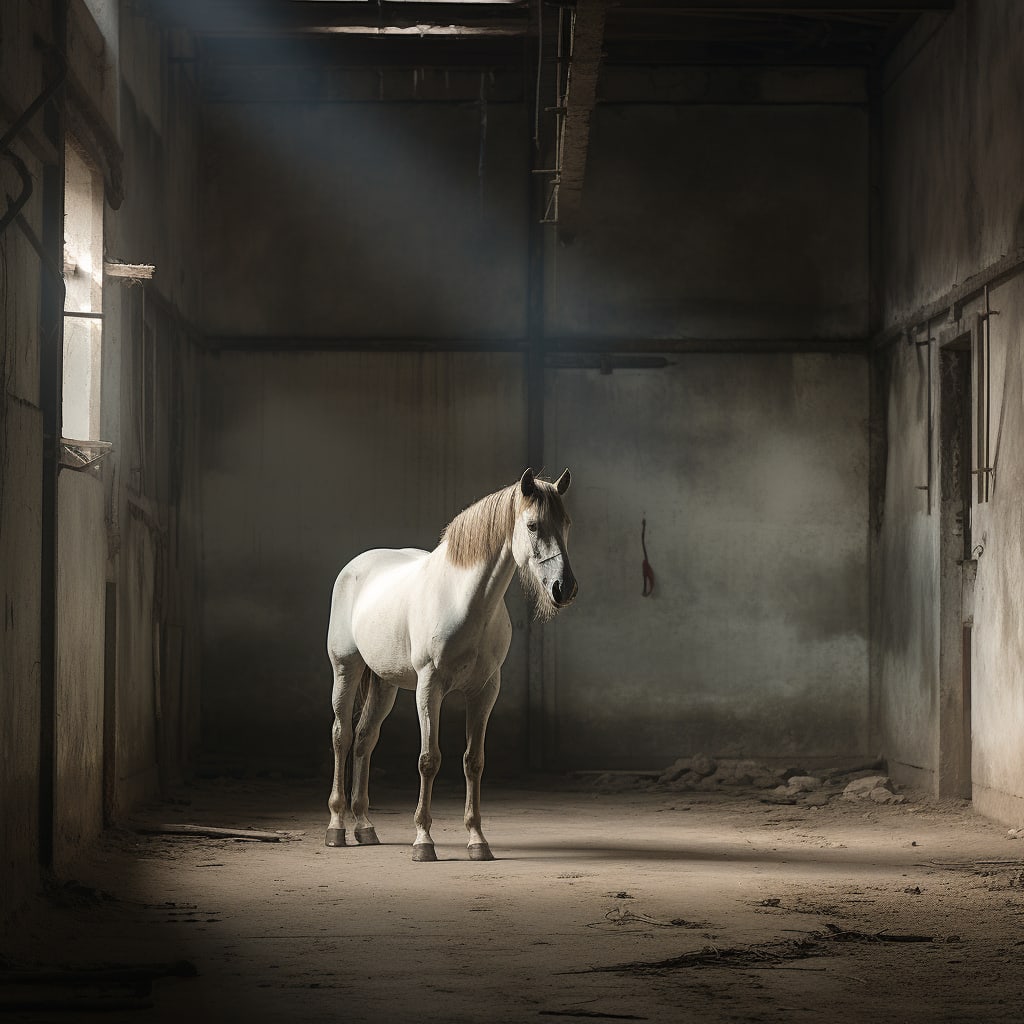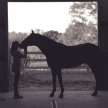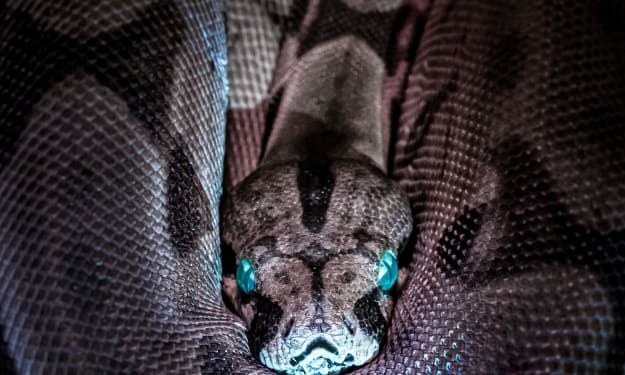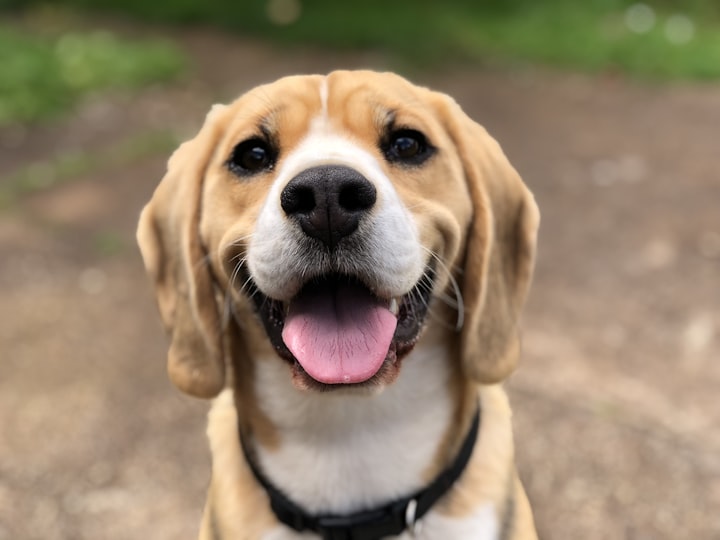Unveiling the Dark Side of Horse Ownership
Neglect, Abandonment, and Irresponsible Breeding

Within the enchanting realm of horse ownership lies a sinister underbelly often shrouded in controversy and ethical quandaries. This blog post ventures into the contentious world of horse ownership, shedding light on the haunting issues of neglect, abandonment, and irresponsible breeding.
Prepare to delve into a provocative exploration that uncovers uncomfortable truths and challenges the very essence of horse ownership.
Neglect: The Silent Killer
The picturesque image of horse ownership can belie the heart-wrenching reality faced by countless equines subjected to neglect. These majestic creatures suffer daily at the hands of owners who fail to provide the care, nourishment, and medical attention they so desperately require. Neglect takes many forms, ranging from insufficient food and water to inadequate shelter and a lack of routine veterinary care. These innocent beings endure starvation, disease, and unimaginable pain, all while their owners turn a blind eye to their suffering.
Behind closed doors, hidden away from public scrutiny, horses languish in deplorable conditions. Ribs protrude through emaciated bodies, hooves become overgrown and infected, and untreated illnesses and injuries fester. The harrowing truth is that neglect is often a slow and agonizing death sentence for these innocent animals.
Abandonment: A Callous Act of Betrayal
In the realm of horse ownership, abandonment emerges as a despicable act of betrayal, casting aside the responsibility one assumes when taking ownership of a horse. When the allure of horse ownership fades or financial circumstances sour, some owners callously discard their horses like unwanted possessions, leaving them to fend for themselves in a harsh and unforgiving world.
Abandoned horses face perilous journeys as they roam in search of food, water, and shelter. They become victims of neglect, subjected to the elements and the constant threat of injury or predation. Unable to find sustenance, they waste away, their once vibrant spirits extinguished. Some may find themselves caught in the clutches of the slaughter industry, destined for a brutal and untimely end.
Irresponsible Breeding: Fueling the Cycle of Suffering
Irresponsible breeding perpetuates the cycle of neglect and abandonment, leading to a surplus of unwanted horses. Greedy breeders, driven by profit or misguided ambition, breed indiscriminately, flooding the market with horses that have no future. They fail to consider the consequences of their actions, contributing to an overpopulation crisis that overwhelms rescue organizations and stretches limited resources to the breaking point.
With each new foal that enters the world without a clear purpose or future, the chances of neglect and abandonment increase. Overbred horses, unable to find suitable homes, languish in overpopulated rescue facilities, their lives confined to small, overcrowded spaces. The sheer scale of this crisis is a testament to the irresponsibility and callousness of those who prioritize profit over the well-being of these magnificent creatures.
Lack of Regulations and Enforcement
The horse ownership industry operates within a disheartening void of regulations and enforcement. Irresponsible owners and breeders escape accountability, evading consequences for their actions. Inadequate legislation and a lack of oversight enable these individuals to continue their destructive practices, leaving innocent equines to suffer the consequences.
While some regions have implemented regulations to address horse welfare concerns, enforcement remains inconsistent and often insufficient. The absence of comprehensive laws regarding responsible ownership and breeding exacerbates the suffering experienced by these animals. Without stringent regulations and rigorous enforcement, the cycle of neglect, abandonment, and irresponsible breeding persists, perpetuating the plight of horses caught in the crossfire.
The Role of Education and Awareness
Education and awareness play pivotal roles in combating the controversies surrounding horse ownership. By promoting responsible ownership, disseminating information about proper care and ethical practices, and fostering empathy towards these majestic animals, we can work towards a society that values and respects horses as sentient beings rather than mere commodities.
Educational initiatives should target current and potential horse owners, emphasizing the importance of proper care, the financial responsibilities involved, and the ethical considerations inherent in horse ownership. Equipping individuals with the knowledge and understanding necessary to provide for the physical and emotional needs of horses can help break the cycle of neglect and abandonment.
Stricter Laws and Enforcement
To address the dark side of horse ownership, we must advocate for stricter laws and rigorous enforcement. It is imperative to hold neglectful owners and irresponsible breeders accountable for their actions, imposing substantial penalties and implementing mandatory education programs. Only through a comprehensive legal framework can we begin to safeguard the welfare of horses and break the vicious cycle of suffering.
Legislation should focus on enforcing responsible ownership standards, such as ensuring access to proper nutrition, veterinary care, and appropriate living conditions for horses. Mandatory licensing and regular inspections can help identify and address instances of neglect and abuse promptly. By strengthening the legal framework surrounding horse ownership, we send a clear message that the mistreatment of these animals will not be tolerated.
Support for Rescue Organizations
Rescue organizations and sanctuaries provide a lifeline for neglected and abandoned horses. These dedicated organizations work tirelessly to rehabilitate and rehome horses, offering them a chance at a better life. Supporting these organizations through donations, volunteering, and promoting their work can make a tangible difference in rehabilitating and rehoming horses that have suffered at the hands of irresponsible owners.
Additionally, collaborations between rescue organizations, veterinary professionals, and law enforcement agencies can enhance the effectiveness of rescue efforts. By working together and sharing resources and expertise, we can maximize our impact and ensure the well-being of horses in need.
The Role of Horse Owners
As horse owners, we bear a significant responsibility to ensure the welfare of our equine companions. It is our duty to provide them with proper care, including nutritious food, adequate shelter, regular veterinary care, and opportunities for mental and physical stimulation. By embodying responsible ownership, we can set an example and inspire positive change within the equestrian community.
Additionally, responsible owners should consider adopting or supporting rescue horses, providing them with a second chance at life. By giving these horses a loving home, we not only save individual lives but also contribute to the larger effort of combating neglect, abandonment, and irresponsible breeding.
The controversies surrounding horse ownership demand our attention, calling for a collective effort to confront neglect, abandonment, and irresponsible breeding head-on. It is time to expose and condemn those who perpetuate these practices, and champion responsible ownership and breeding as the standard. By raising awareness, advocating for stricter laws, supporting rescue organizations, and fulfilling our responsibilities as horse owners, we can begin to dismantle the dark side of horse ownership, ensuring a brighter and more compassionate future for these magnificent creatures.
About the Creator
Jane Smith
I'm a horsewoman who is angry about everything that is wrong with the horse world in the UK.
I am the woman who is not afraid to say what she thinks, and I'm not going to stop until the world is a better place for horses.






Comments (1)
Amazing